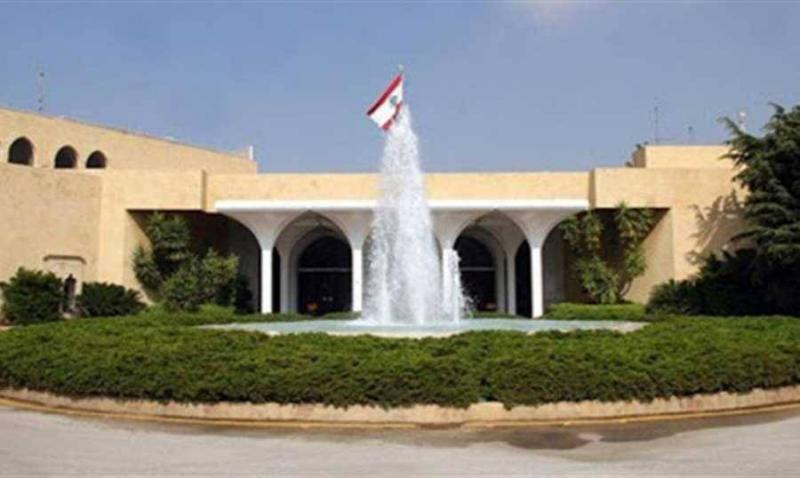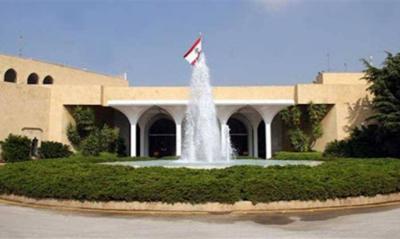The doors to internal consensus are not just closed; there are those who are deliberately making it impossible and driving further stalemate in the presidential horizon, disregarding the implications and catastrophic effects of the crisis on the Lebanese people. Additionally, the rejection of calls, advice, warnings, and even pleas from the Arab and international communities to fill the presidential vacancy and elect a new president can only be interpreted in one way: there is a fear that behind these obstructive stances and the hindrance of internal consensus lies an intention to internationalize the presidential file and seek external intervention, believing that this intervention will lead to a coup in their favor regarding the presidential issue. If true, this means that these individuals are jeopardizing the country and its stability, knowing that all external levels, from Washington to Paris and other friendly capitals to Lebanon, have publicly and through political and diplomatic channels confirmed that the Lebanese presidential file is a matter that concerns only the Lebanese, who must urgently assume their responsibilities in this regard, considering it the gateway to all other solutions from forming a government to implementing reforms and stopping the financial collapse, and setting the country on the path to recovery.
Former Deputy Speaker of Parliament Elie Ferzli stated to "Al-Markaziyya" in this context that the Lebanese issue has been internationalized through internal parties connected to foreign states; thus, we do not need to internationalize our crisis at all but rather need an regional-international consensus among the influential countries in the Lebanese situation. Once that is available, the election of the president and the formation of a new government will proceed promptly, along with addressing the other outstanding political and financial issues.
In response to a question, he stated: there is a near consensus locally and externally on not touching the Taif Agreement, which was reflected in the Taif Forum held in Beirut at the invitation of the Saudi embassy with the attendance of Arab and Western diplomats, concluding with the affirmation of the validity of the Taif Constitution and the completion of its implementation. This came, as is known, in response to a call from one of the international organizations for Lebanese leaders to meet in Switzerland. Regarding the timing of the solution, he mentioned that there are two opposing axes in the region: the American-French axis and the Iranian one. When a consensus occurs between them, it is natural for that to slip over the relevant pivotal countries, including Lebanon, similar to what happened in the maritime demarcation file with Israel, which did not take more than half an hour in a meeting held between the American envoy Amos Hochstein and the General Director of General Security, Major General Abbas Ibrahim, a month before the announcement of the agreement.




